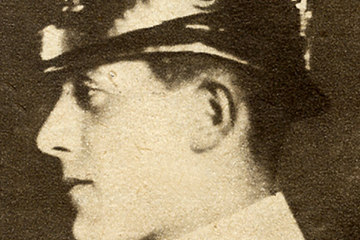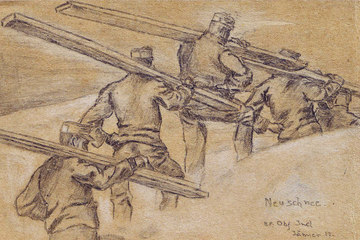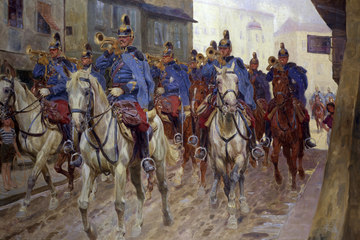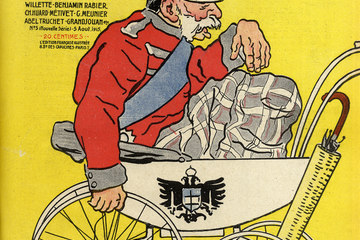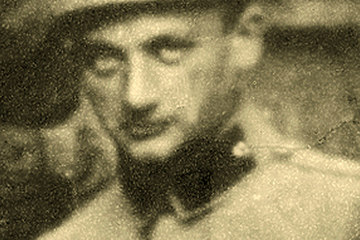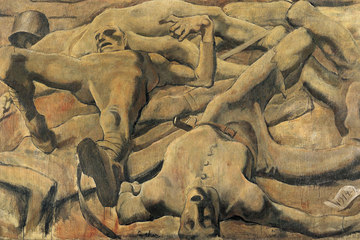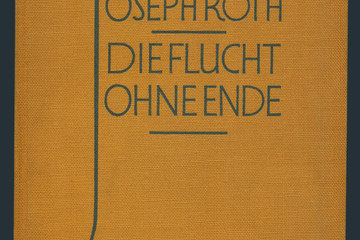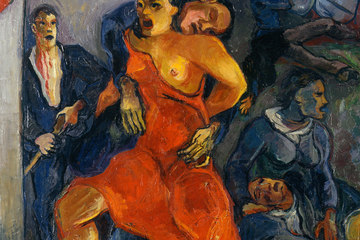Military Masculinity in Austrian Literature on the First World War
Images of military masculinity in Austrian literature on the First World War are in the tradition of the melancholy and decadent representations of an Arthur Schnitzler and are characterized by nostalgic mourning for the demise of the multinational Austro-Hungarian state – as in Stefan Zweig’s autobiography The World of Yesterday. They display, despite all their military toughness, a strongly emotionalized element and draw on non-military concepts such as ‘home’, ‘mother’, ‘wife’, ‘children’, ‘café’ and so on. This is illustrated by the following anecdote: the writer Joseph Roth, as an ensign in shabby uniform, was once asked in Vienna by a colonel why he was so badly dressed. He answered that the explanation was quite simply poverty, whereupon the colonel gave him some money. Roth is said to have commented, ‘That could only happen in Austria-Hungary. The Imperial and Royal Double Monarchy was the most humane of autocracies.’
Translation: Leigh Bailey


